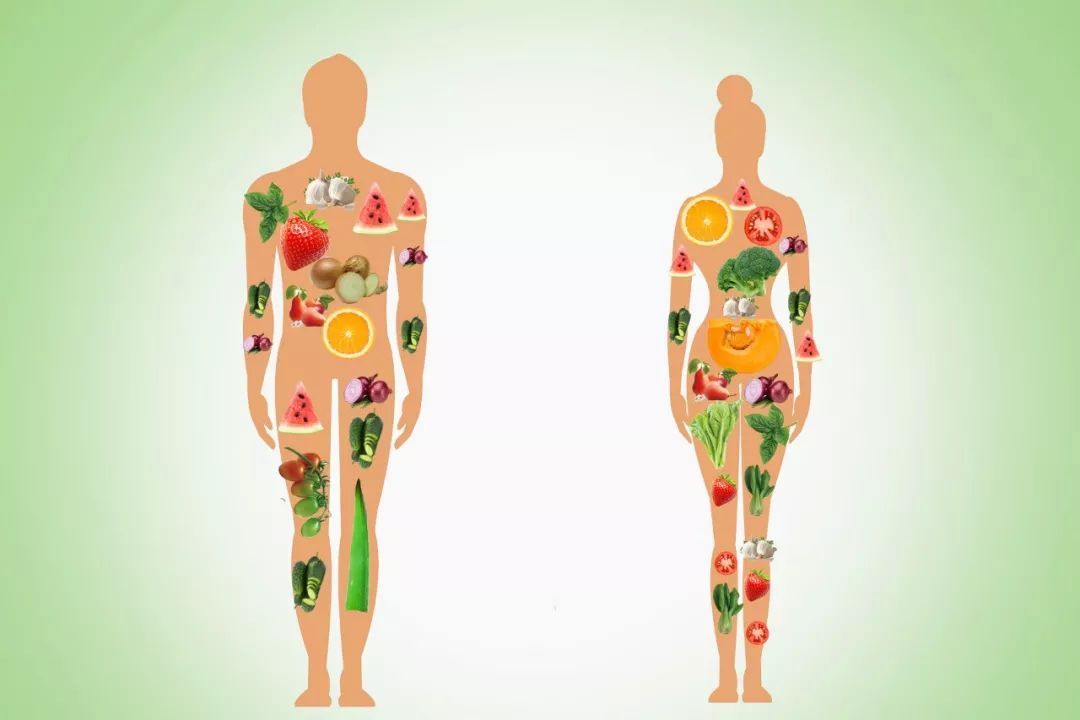242019-05What exactly is dietary fiber?Source:
Dietary fiber
There is Chinese saying, which goes like this: food is the paramount necessity of the people. If we can prevent diseases with our diet, that would be the easiest way. So today we’ll talk about dietary fiber, which plays a significant role in preventing and controlling colorectal cancer.
So what is dietary fiber? Dietary fibers are the substances in vegetative food that cannot be digested or absorbed by our digestive tract, which can be divided into water-soluble and non-water-soluble ones. For example, plant epidermis and root vegetables contain a lot of cellulose, lignin, and hemicellulose, which exist in plant cell walls and are the common non-water-soluble dietary fiber. And pectin and gum that exist in non-fiber substances are water-soluble dietary fiber.

The dietary fibers in our daily diet mostly come from potatoes, beans, vegetables, fruits, and nuts. But what role do they play in protecting our intestinal tract?
1.First, water absorption. The soluble inflation of dietary fibers can increase the chyme volume, stimulate bowel peristalsis, soften faeces, prevent constipation, and increase defecation frequency to reduce the time of faeces staying in the intestinal tract and the contact of harmful substances in the faeces with the intestinal tract. Also, after absorbing water, they can swell to 10 to 15 times their original volume and weight, which can increase satiety and reduce the absorption of fat in the food, resulting in weight loss.
2.Second, reaction with organic compounds. Cholic acid and anthropodesoxycholic acid in the intestinal tract can be metabolized by bacteria into carcinogen and mutagen, but dietary fibers can combine with the bile acids to slow digestion, inhibit them from being absorbed and swiftly discharge them out of the body. And they can produce butyric acid, and inhibit tumor cell differentiation and induce their apoptosis that helps prevent cancers.
1.First, water absorption. The soluble inflation of dietary fibers can increase the chyme volume, stimulate bowel peristalsis, soften faeces, prevent constipation, and increase defecation frequency to reduce the time of faeces staying in the intestinal tract and the contact of harmful substances in the faeces with the intestinal tract. Also, after absorbing water, they can swell to 10 to 15 times their original volume and weight, which can increase satiety and reduce the absorption of fat in the food, resulting in weight loss.
2.Second, reaction with organic compounds. Cholic acid and anthropodesoxycholic acid in the intestinal tract can be metabolized by bacteria into carcinogen and mutagen, but dietary fibers can combine with the bile acids to slow digestion, inhibit them from being absorbed and swiftly discharge them out of the body. And they can produce butyric acid, and inhibit tumor cell differentiation and induce their apoptosis that helps prevent cancers.

3.Third, viscosity. A lot of carcinogens exist in our intestinal tract, such as PAHs, HCAs, phytic acid, ferulic acid, N-glycolylneuraminic acid, and N-nitroso compounds that we are very familiar with. Dietary fibers can absorb and bond with these harmful substances and eliminate them out of the body, which delays and reduce the absorption of harmful substance such as cancerogens and heavy metals, prevent constipation and diverticulitis and thereby helps reduce the risk of intestinal cancer.
4.Fourth, bacterial fermentation. Dietary fibers can be fermented in large intestine, which helps probiotics proliferate and inhibits saprophytic bacteria growth to improve intestinal flora for better synthesis and absorption of some nutrients. So how much dietary fiber should we consume every day? Research shows that Chinese adults should normally consume 25g to 35g per day. And “affluenza” patients should consume additional 10g to 15g per day, and children and adolescents aged between 2 to 20 are recommended to consume the amount equal to the sum of their age and 5g to 10g per day. But statistics show that China’s adults have an average daily dietary fiber intake of only 11g, far below the recommended amount!
4.Fourth, bacterial fermentation. Dietary fibers can be fermented in large intestine, which helps probiotics proliferate and inhibits saprophytic bacteria growth to improve intestinal flora for better synthesis and absorption of some nutrients. So how much dietary fiber should we consume every day? Research shows that Chinese adults should normally consume 25g to 35g per day. And “affluenza” patients should consume additional 10g to 15g per day, and children and adolescents aged between 2 to 20 are recommended to consume the amount equal to the sum of their age and 5g to 10g per day. But statistics show that China’s adults have an average daily dietary fiber intake of only 11g, far below the recommended amount!

But of course, there is a limit. If daily dietary fiber consumption exceeds 50g, it would cause bowel discomforts such as increased intestinal peristalsis and gas output, and affect the digestion of other nutrients such as proteins and the absorption of calcium, iron, and zinc. Hence, gastrointestinal dysfunction patients, such as those with diarrhea, are recommended not to take in too much dietary fiber.
Back
Share:


 400-877-8889
400-877-8889
 Follow us on WeChat
Follow us on WeChat



